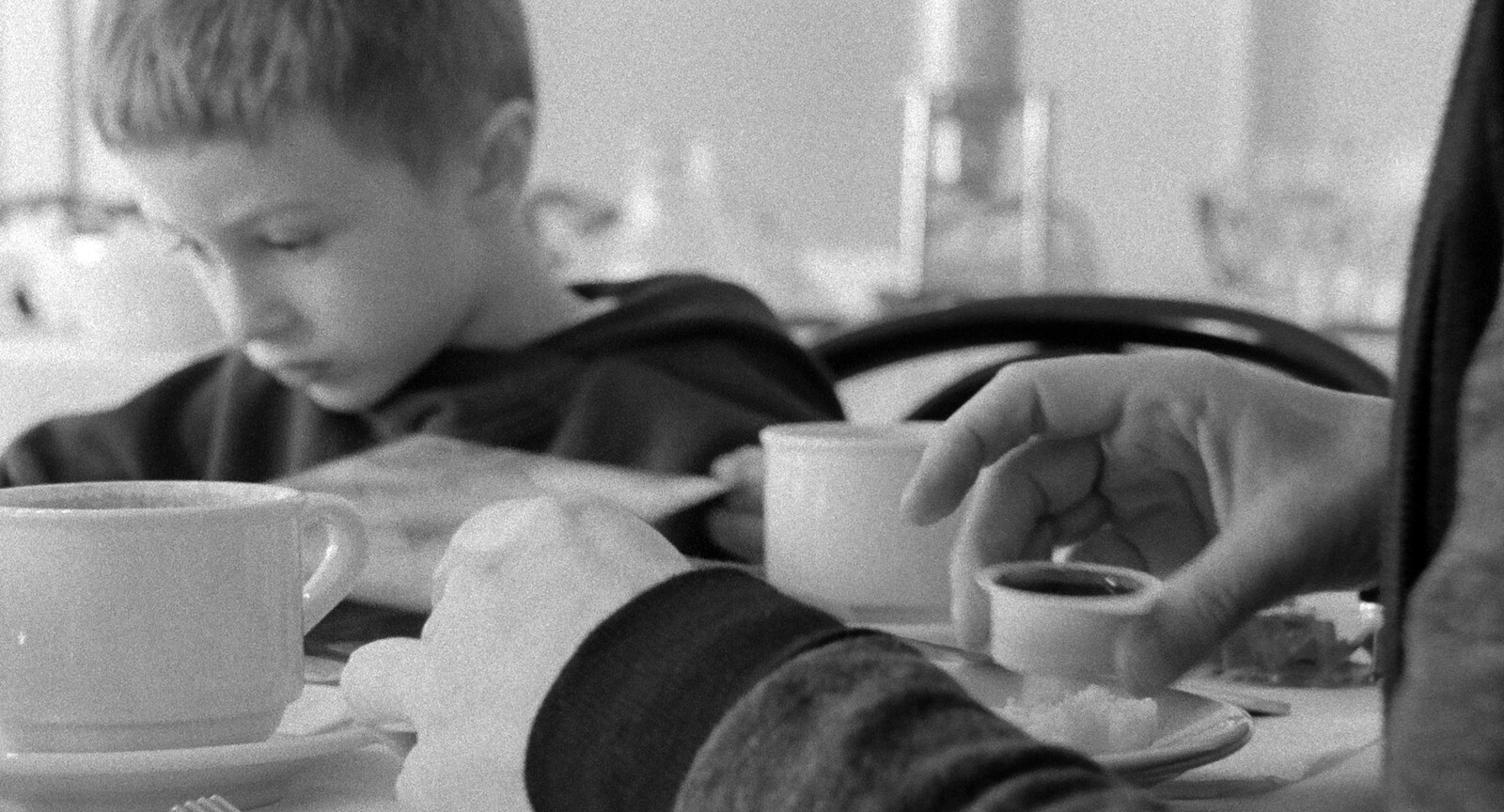Zofia Kulik: Instead of Sculpture (1968-71)
February 3–May 1, 2017
Waldstraße 3
76133 Karlsruhe
Germany
Hours: Tuesday–Friday 11am–7pm,
Saturday–Sunday 11am–5pm
T +49 721 28226
info@badischer-kunstverein.de
Josef Dabernig: Stabat Mater
Under the title Stabat Mater, Badischer Kunstverein is hosting a comprehensive solo exhibition by Josef Dabernig (b. 1956) with a focus on the film Stabat Mater (2016), which was coproduced by Badischer Kunstverein and Kunsthalle Winterthur. The exhibition brings together various media and formats, ranging from film, photography, and textual works to objects. They define Dabernig’s practice as an expanded sculptural approach that ultimately finds expression as synthesis in his films.
The dialectics of filmic and concrete reality, of divergently conceived image and sound levels, is the structural principle underlying most of Dabernig’s films. Typical settings for his films include the dilapidated buildings of a once utopian modernism, where, strangely, the protagonists encounter each other with indifference and the plot is rather sluggish. This is also the case in Dabernig’s new film Stabat Mater, set in an Italian thermal hotel, its seemingly classical architecture embedded in a bizarre, rocky landscape. The interior images are accompanied by Christoph Herndler’s sorrowful composition for organ based on Schubert’s “Stabat Mater” piece, whereas the exterior shots are underscored by the narrative voice reciting a text penned by Bruno Pellandini. The story itself tells of a cattle farm faced with a devastating drought in Uruguay. In Stabat Mater, therefore, two entirely different narratives are intervolved with the ultimate aim of arriving—after overcoming the moment of irritation—at a new story. This conceptual play on the sensual narrative shift fosters freedom of imagination that image and sound do not initially specify. Indeed, a diffuse air of misfortune permeates this scene, an imminent plight that already seems to be heralded by the pain of Mary, Mother of Jesus, in the poem “Stabat Mater” whence the film draws its title.
The film Stabat Mater received core funding from the Austrian Federal Chancellery and was coproduced by Badischer Kunstverein and Kunsthalle Winterthur.
Zofia Kulik: Instead of Sculpture (1968–71)
Badischer Kunstverein is pleased to present the Polish artist Zofia Kulik (b. 1947) in a solo exhibition. The show is concentrated on an early work by the artist, which has remained little known to date. Instead of Sculpture was created between 1968 and 1971 as Kulik’s graduation project at the Academy of Fine Arts in Warsaw and is now being shown in this scope for the first time in Germany. The work comprises around 500 photographs that Kulik projected as slides onto three screens simultaneously, as well as a thesis in which the artist expounds on her ideas related to an extended concept of sculpture.
Even before the art theorist Rosalind E. Krauss published her influential essay “Sculpture in the Expanded Field” (1979), Zofia Kulik was aware of the limitations inherent to conceiving sculpture as a static object. Instead, she advocated a dynamic, performative, and time-based treatment of sculpture—similar to the possibilities offered by the mediums of film and photography. Instead of Sculpture (1968–71) offers insight into Kulik’s comprehensive image production. In the exhibition, the photographs are restaged as filmic projection complemented by a series of photographic prints. Visible are various colors, forms, and surfaces that Kulik compiles out of very simple materials like paper and textiles; also seen are found sites and architectures that have been processed by the artist, or left as purely documentary pictures. Kulik imbues the things, places, and people in these images with a life of their own, continually transforming them before the eye of the beholder. The artist’s interest is focused on the specific logics involved in developing visual form and on the significance of perception within this context.
The exhibition is a collaboration with Glasgow Sculpture Studios.
Talks & events
March 22, 7pm
Lecture by Mark Gisbourne
Zofia Kulik: Performing Sculpture
April 26, 7pm
Performative intervention by Josef Dabernig
Lecture by Silvia Eiblmayr
“Josef the Scrivener”—Fragments of a Biographical Setting in the Art of Josef Dabernig
For more information, please visit: www.badischer-kunstverein.de


